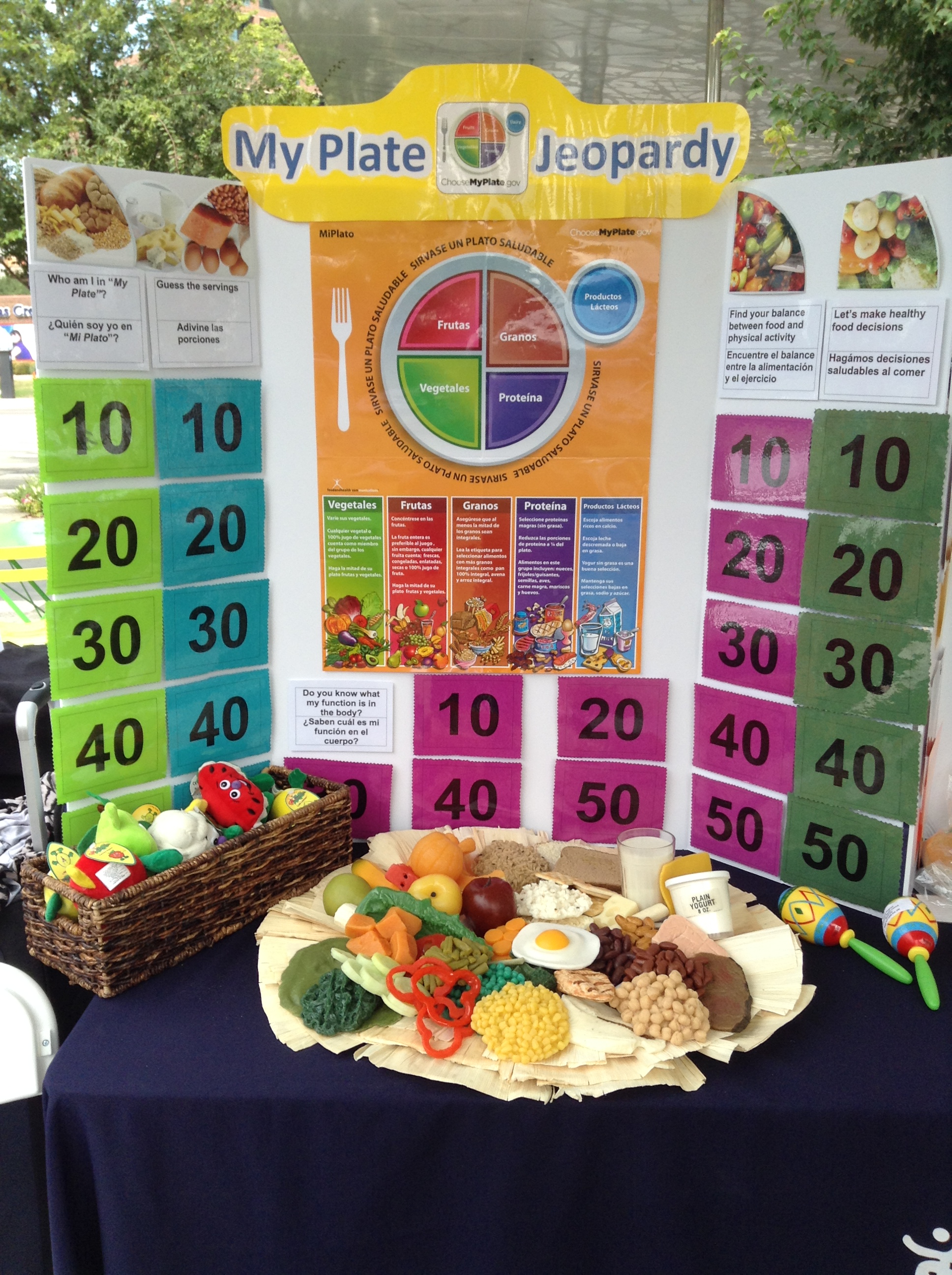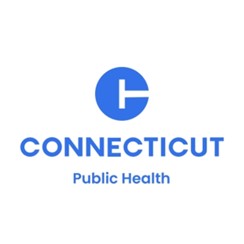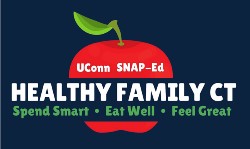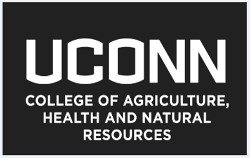Connecticut Supplemental Nutrition Assistance Program Education (SNAP-Ed)
Overview



Supplemental Nutrition Assistance Program Education (SNAP-Ed)
Are you looking for ways to make good food choices on a limited budget? SNAP-Ed is here to help you.
What is SNAP-Ed?
SNAP-Ed helps you make healthy and nutritious food choices. You can learn tips to save money when food shopping. This program helps put more nutritious foods on your table. You can also learn how having a more active lifestyle can improve your quality of life.
SNAP-Ed helps you:
- Plan meals and shop on a budget
- Select healthy food and compare prices
- Learn new cooking skills and tips on food safety
- Try new recipes with in-season foods
- Have fun while being active
CT’s State Level Priority Goals are to:
- Improve SNAP-Ed Access
- Improve healthy eating choices
- Increase physical activity
- Build and grow partnerships
- Increase training for SNAP-Ed staff
These goals are in line with the most recent Dietary Guidelines for Americans.
The Connecticut SNAP-Ed program is coordinated by DSS and is administered by the following implementing agencies (IAs):
|
Implementing Agency |
Address |
Contact Person |
Phone Number |
|
|
Community, Family Health and Prevention Branch |
Nutrition Consultant Community, Family Health, and Prevention Branch Maternal Child Health and Access to Care Section Nutrition, Physical Activity and Obesity Program Health Program Supervisor Community, Family Health, and Prevention Branch/ Maternal Child Health and Access to Care Section/ Nutrition, Physical Activity and Obesity Program |
860-509-8251
860-509-7251 |
|
|
Hispanic Health Council |
|
860-527-0856 ext.1310
ext.1242 |
|
UConn Healthy Family CT, Department of Allied Health Sciences
|
Allied Health Sciences |
|
860-486-1997
860-306-0228 |
|
UConn Food Security, Department of Nutritional Sciences
|
UConn College of Agriculture and Natural Resources, Department of Nutritional Sciences 27 Manter Road, U-4017 |
860-486-1198 |
|
|
|
Neag School of Education 249 Glenbrook Road, Unit 3093 Storrs, CT 06269-3093 |
Jennie McGarry
Justin Evanovich
|
860-486-5139
860-486-4706 |
The IAs offer programs to increase nutrition and physical activity. These activities fit cultures and needs of the target population. There are activities for people of all ages. Activities are conducted at locations where you eat, learn, live, play, shop, and work. The goal is for you to make healthy food choices, develop good eating habits, and stay active. We are working on ways to better evaluate our activities to make our programs more effective. This will help build stronger connections to improve programs, as well as help support our staff. In turn, building stronger partnerships for better outcomes.






